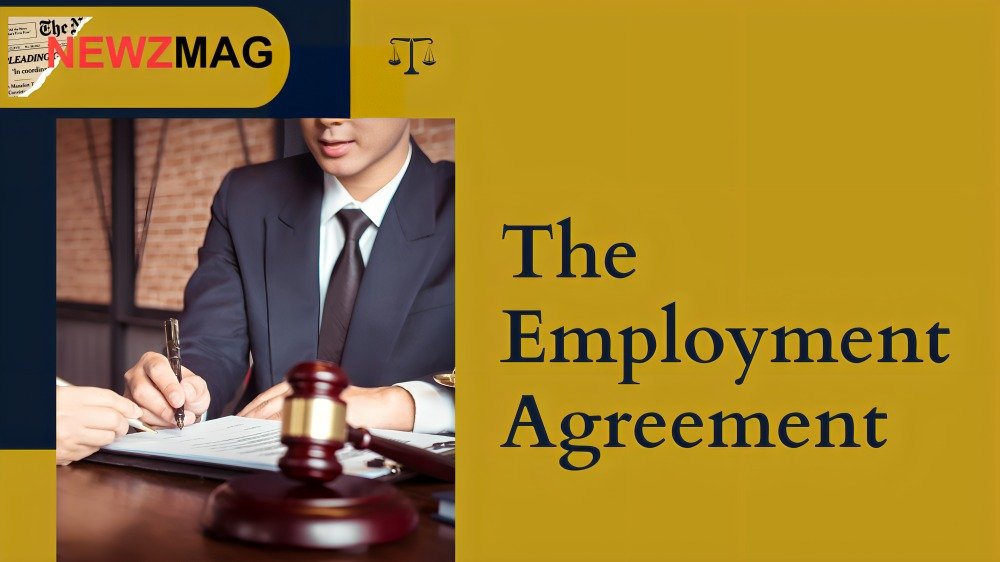Introduction:
One claims that the New Jersey based staffing firm which focuses on the provision of contract and permanent staff in the IT sector had filed a major lawsuit. The company has been accused of breaking the FLSA. It did so by exploiting its recruits’ labor and paying them too little. This article highlights a case. It analyzes the lawsuit’s details and the provided allegations. It also looks at the impacts that such lawsuits present to Smoothstack Lawsuit and its employees.
The Lawsuit: Key Allegations
There is a particularly proposed class and collective action against Smoothstack Lawsuit by a former employee. On top of the 43-page lawsuit, they attributed to Smooth Stack the six months training program recruitment hrs or 80 hrs/wk and over. For the first three weeks of the training, the new employees are paid nothing at all. They get wages for the next five months based on the contract. But, they do not get extra pay for hours over 40 a week.
Violation of the FLSA
The FLSA sets rules for employee pay. Pay must be at least the federal minimum wage for the hours worked. And for each hour worked over 40 in a week, it must be at least time and half their regular rate of pay. IRS also never fails to meet these requirements per the lawsuit’s claims, thus creating a lot of pressure on the recruits financially.
The Training Repayment Agreement Provision (TRAP)
After eighteen days of the training, the recruits are required to complete a Training Repayment Agreement Provision or commonly known as TRAP. This agreement also mandates them to pay a $23,875 penalty if the law firm resigns or is dismissed “for cause” without doing 4,000 hours of the client’s work. This is about two years of work. In the last five months of training, recruits earn the national minimum wage, which makes them rise to the consultant level.
The Employment Agreement

What promoted consultants get is an “employment agreement” that basically means that the consultant can either have everything or nothing. This contract bars them from resigning or being fired before they must meet the 4,000 billable hours to the Smooth Stack clients. In the worst-case scenario they do not sign into the training agreement and thus get the TRAP penalty.
The Benching Issue
Once a consultant’s engagement with a client is over, the consultant is “benched”, at Smoothstuck. Consultants who do not work are paid $7. 25 per hour and this time does not form part of the 4,000 working regime. This indeed puts them in a cycle of earning meager wages and the only way to escape this cage is to pay the incredibly high TRAP penalty.
Legal and Ethical Concerns
The lawsuit labels the TRAP act as an outlawed wage pay-back under the FLSA policy. Breach of the contract turns employees into minimum or even negative wage earners. They can’t get the full wage set by the penalty while serving the stipulated time. This situation has caused ex-employees to be dragged to court by Smoothstack Lawsuit to force them to observe the provisions of TRAP. One case where the parol agreement was declared ‘unconscionable’ under the state law was the case of the Virginia state court.
The Plaintiff’s Experience
The lead plaintiff in the lawsuit joined Smooth stack as an employee in spring of the year 2020. He was fully aware of problems that the training contract presented but signed it because he had no other option. Finally, he worked for three weeks without pay. He had to labor long hours at minimum wage. Also, the TRAP application did not allow him to look for better jobs.
In November 2022, the Scrantom asked for an attorney recommendation and to report Smoothstack for FLSA violations. In an attempt to settle the putative class action on behalf of the class, the counsel for Smoothstack Lawsuit acted ignorantly to his messages. The company’s Chief Operating Officer reportedly tried to: 1) Persuade the plaintiff not to sue. 2) Use threats to force the plaintiff to withdraw. Following his demotion to bench in March, 2023 the plaintiff communicated to Smooth Stack of his plans to initiate a class action lawsuit. Three days later, they fired him. He says it was because he complained about the carrier’s safety.
Implications for Smooth Stack
The litigation aims to cover any client trained by Smooth stack or signing any TRAPs after April 13, 2020. If the case succeeds, it could lead to huge fines for Smooth stack. This would force the company to change its employee policies.
Conclusion
The Smoothstack Lawsuit case demonstrates the presence of severe violations of labor legislation and other shameful mistreatment of employees at work. The verdict in this case may have big effects on the business. It will affect both current and past workers. While proceeding with the legal action, it’s going to be essential to track the shifts and their effects on the staffing & IT field.
FAQs About Smoothstack Lawsuit
Ans: According to the legislation, the recruits were overworked and paid below their deserved wage, therefore, the suit accuses Smoothstack of having flouted the provisions of the Fair Labor Standards Act.
Ans: Partially, candidates must repay $23,875 under the TRAP agreement if they quit or are fired for cause before they work 4,000 client hours.
Ans: TRAP is seen as an unjustified kickback of the wages. If employees try to breach the contract before it ends, they will be paid below the minimum wage.
Ans: It was also claimed that Smoothstack has declined to engage in settlement talks and has proceeded to take former workers to court over TRAP.
Ans: In the case of a win for the plaintiff, penalties are jointly imposed on Smooth Stack and the change in the company’s employment practices may be compelled.
Also read About:







